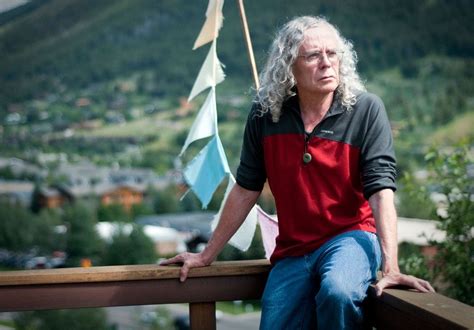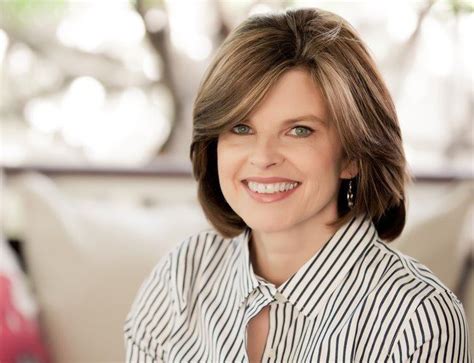A Quote by T.C. Boyle
I was joking earlier when I said that all writers are manic depressives, but it's a joke with a lot of truth behind it. For fiction writers and poets, too, there's something wrong with you and you do this art as a way of correcting it or addressing it in some way.
Related Quotes
I really need to know where I'm going with fiction to write it in a way that at least I'm happy with. And I really think that a lot of fiction books end badly because terrific writers said, "I'll just figure it out" and plunge in, but have created so many problems that they are kind of impossible to solve. I mean, I'm talking really good writers do this and you can tell when they got to the end they either had to do something preposterous or they just don't really resolve things. So for fiction I spend a lot more time outlining and for humor I really don't do much of it.
When I taught at the University of Houston in the Creative Writing program we required the poets to take workshops in fiction writing and we required the fiction writers to take workshops in poetry. And the reason for that is because the fiction writers seemed to need to learn how to pay greater attention to language itself, to the way that language works.
I don't believe that fiction is dead. I know there are some people who believe that it's an outdated art form, and that to express truth today you need to work in different forms, to write books where it's perhaps not clear what's fiction and what's memoir. I have nothing against those books and love many of them very much. But we have enough space for everyone, traditional realists and hybrid writers, and experimental writers all.
We writers – and especially writers for children, but all writers – have an obligation to our readers: it's the obligation to write true things, especially important when we are creating tales of people who do not exist in places that never were – to understand that truth is not in what happens but what it tells us about who we are. Fiction is the lie that tells the truth, after all.
Narco fiction novels have a reputation, at least here in Mexico among some of the writers I know, of being somewhat rushed productions, usually written in one way or another like crime thrillers, with something cheesily exploitative about them. It feels exploitive - taking this horrible and ongoing tragedy and trying to turn it into something entertaining. Or trying to turn it into something that might earn the writer a reputation of the sort that many writers believe they aspire to. Or earn them money.





































